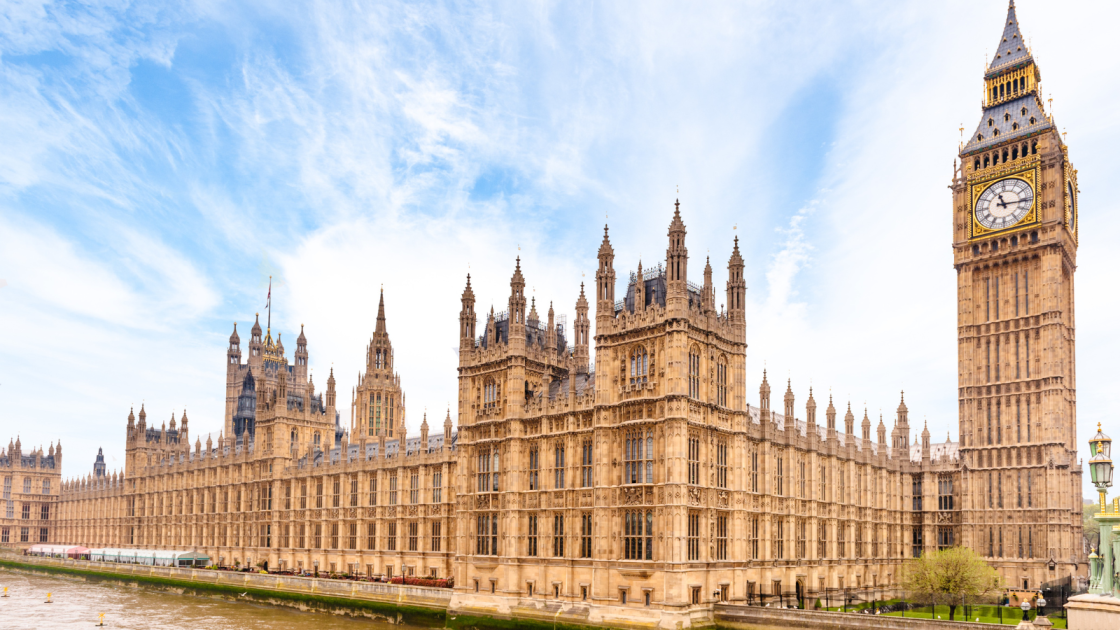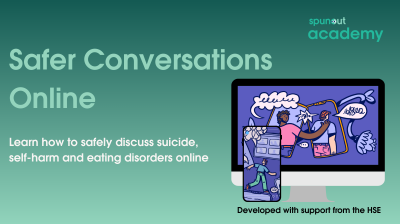Northern Ireland – Westminster Elections Explained
A look at some of the main political parties and issues in Northern Ireland

Every few years, the people of Northern Ireland are asked in a General Election to choose 18 Members of Parliament (MPs) to represent them in the British House of Commons, also known as Westminster. The most recent General Election took place on the 12th of December 2019.
Background: Northern Ireland, unionism and nationalism
Northern Ireland is the six counties on the island of Ireland that are still part of the United Kingdom (UK), which also includes England, Wales and Scotland. The rest of Ireland left the UK in 1922 to form an independent country. Ever since then, Northern Irish politics has mostly been split between two political movements: unionism and nationalism.
Unionism is the belief that Northern Ireland should remain within the UK. Nationalism or republicanism is the belief that Northern Ireland should leave the UK and instead join the Republic of Ireland. There are also parties in Northern Ireland that are neither unionist nor nationalist, such as the Alliance.
British political parties do not run in Northern Ireland. Instead, the North has its own political parties. If the overall result of the election is close, Northern Irish parties can end up having a key role in deciding the next government of the UK. This is what happened after the 2017 UK General Election when the Democratic Unionist Party supported the Conservative Party to stay in power.
The six counties that make up Northern Ireland are Antrim, Armagh, Down, Derry (sometimes called Londonderry), Fermanagh and Tyrone.
Brexit and the border: major issues for Northern Ireland
The most recent General Election took place as Britain was trying to leave the European Union (EU), a process known as ‘Brexit’. The UK’s Prime Minister, Boris Johnson, won the election after agreeing a deal with the rest of the EU that would see the UK leave in early 2020.
One important factor in Brexit is how it affects the border between the two parts of Ireland. After thirty years of fighting, known as the Troubles, peace came to Northern Ireland with the signing of the Good Friday Agreement of 1998. This agreement guaranteed a joint say for unionists and nationalists in the future of the North, and made sure there would be an open border between Northern Ireland and the Republic. This meant that Irish people could move freely between the two parts of the island, rather than being cut off from one another as they were during the Troubles.
After the UK voted for Brexit, many feared that Northern Ireland leaving the EU would mean the border could no longer remain open. To prevent this, the British government made a deal with the EU to keep the border open, by agreeing that Northern Ireland would keep following most EU rules even after the rest of the UK was no longer doing so.
The current Brexit deal is supported by the British and Irish governments, but is not supported by most of the political parties in Northern Ireland. Unionist parties, particularly the Democratic Unionist Party, are against the current Brexit plans because they want Northern Ireland to have the same rules as the rest of the UK. Nationalists and other parties are against it because they want to remain in the EU.






